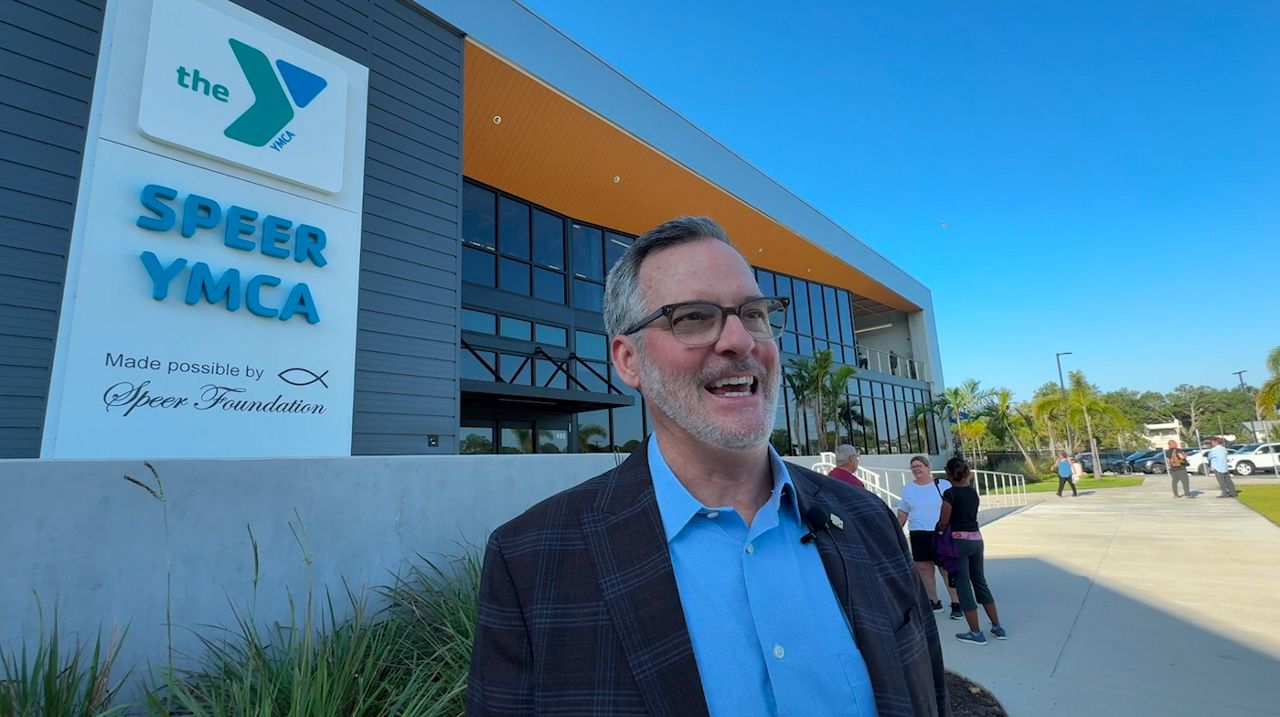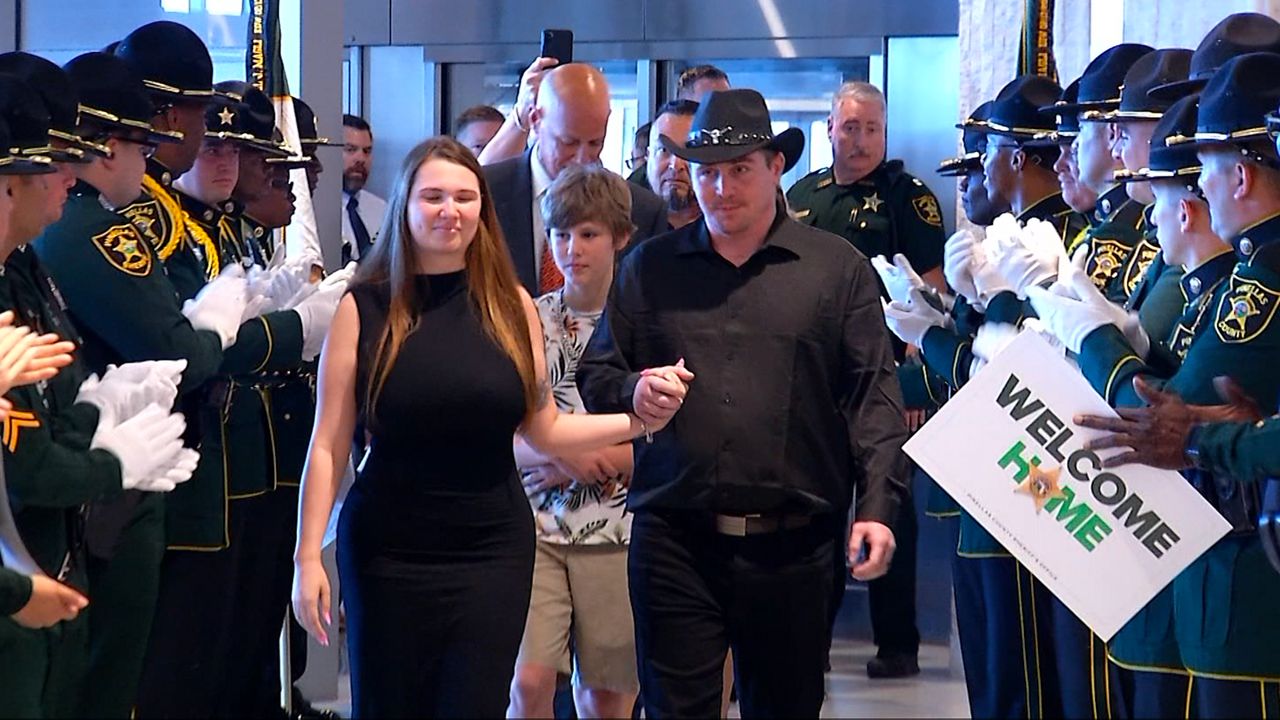PASCO COUNTY, Fla. — Some Pasco County parents are worried about what may happen with their children’s PIP services, or “Private Instructional Personnel.” Primarily, families with children who have autism.
Part of their treatment plan from their doctor often includes an ABA therapist, who goes to school with the child for a prescribed amount of time, giving them the one-on-one therapy they may need to be successful in the classroom. Now, parents are worried the therapists may not be allowed in the classrooms.
Every day after school, Jessica Sibler and her son, Elliot, spend time together working on school subjects.
“Elliot has autism, but he is the most intelligent kid I know. He’s wildly smart, and he loves to hug, he loves to cuddle, he loves everything else every five-year-old loves,” Sibler said.
Before moving to Florida, Sibler worked for agencies serving children and adults with disabilities, so she knew the signs of autism, and says she had concerns early on with Elliot, but his official diagnosis came when he was four-years-old. His doctor prescribed ABA therapy, or Applied Behavior Analyst.
“Every kid is different, they can get between 10 to 40 hours a week of therapy and so if you’re talking about a kid who is in school full time, plus they’re supposed to have 40 hours of prescribed therapy, that’s two full-time jobs, so being able to combine the two is beneficial,” she said.
Right now, Elliot is in pre-K, and as the family prepares for him to enter kindergarten, Sibler started looking into Pasco County Schools’ PIP policy, explained in a packet.
“This new policy says that the services are to be provided to students during non-core settings such as cafeteria, lunch, recess, bus and non-core academic subjects outside the classroom. That’s pretty significant because if you think of kids who need this ABA therapy, to say that they don’t need it in the classroom is pretty significant,” she said, as she read from the PIP packet.
It also states the “best practice for observation is a maximum of two hours at one time in the classroom,” which concerns Sibler.
She said right now they plan on doing Elliot’s ABA therapy after school, but if he struggles to transition to kindergarten, having his ABA therapist in school is the best option. But she worries that may not even be an option.
“We want the option that if that doesn’t work, that we can move it into the school so he does get that therapy, or if he goes into kindergarten and struggles that he can get that therapy. Kindergarten is going to look a lot different,” she said.
Sibler hopes to meet with district officials to review the PIP policy, so students like Elliot have access to the help they need to succeed.
Pasco County Schools said they follow state statute when writing the PIP policy. They say it’s a convenience to allow various therapies to be offered during school hours, and the policy doesn’t exclude a student from receiving those services, but it does give principals the right to decide when it’s appropriate to allow outside therapists into the school.









